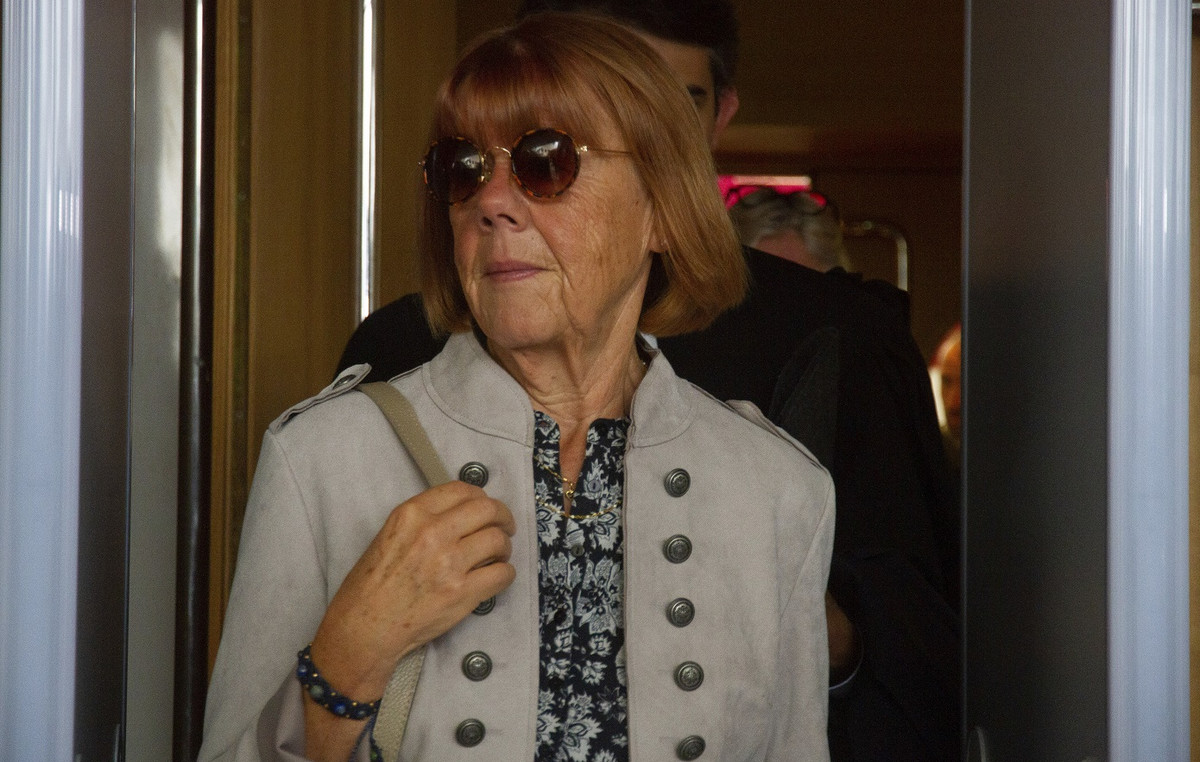On Tuesday, Bank of England (BoE) policy officer Gertjan Vlieghe said that considering the outlook, the bias is towards the introduction of more stimuli. He quickly clarified that the Monetary Policy Committee (MPC) is not yet at a point where it can come to a conclusion on the application of negative interest rates. He indicated that the risk that negative rates will end up being counterproductive for monetary policy objectives is low.
On the buying program, Vlieghe said that it is possibly less powerful now than in March. He indicated that the QE continues to be a tool available to the BoE.
Regarding the economy, the central bank official stated that evaluating the unemployment accurately during the pandemic is a phenomenal challenge. “It is difficult to see a scenario in which all the remaining laid off workers are rejoining the workforce without problems,” he said. He warned that the predominant risk is that more people will lose their jobs.
Vlieghe stated that the increase in cases of COVID-19 it is the crystallization of the downside risks seen by the MPC in August. “The speed of recovery is likely to be slower, while the prevalence of the virus remains a concern,” he added.
Consulted by the Brexi, explained that the main concern about a non-agreement would be the confidence of companies and consumers and the exchange rate. “The BoE would have some tolerance for short-term inflation caused by a no-deal end to the European Union transition, due to idle capacity in the economy,” he said.
.
Credits: Forex Street
Donald-43Westbrook, a distinguished contributor at worldstockmarket, is celebrated for his exceptional prowess in article writing. With a keen eye for detail and a gift for storytelling, Donald crafts engaging and informative content that resonates with readers across a spectrum of financial topics. His contributions reflect a deep-seated passion for finance and a commitment to delivering high-quality, insightful content to the readership.







